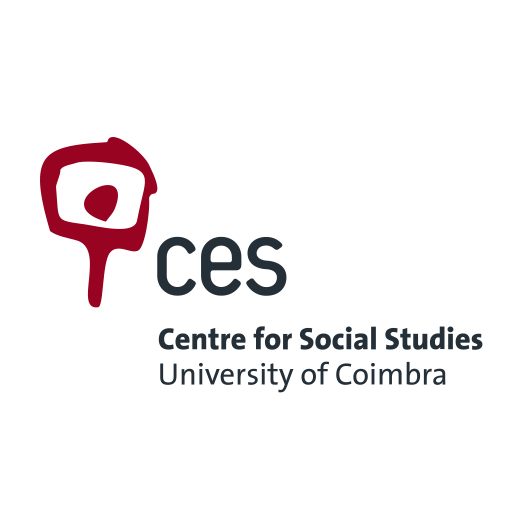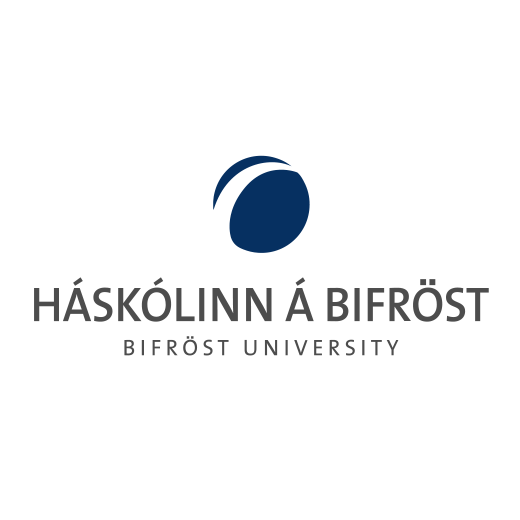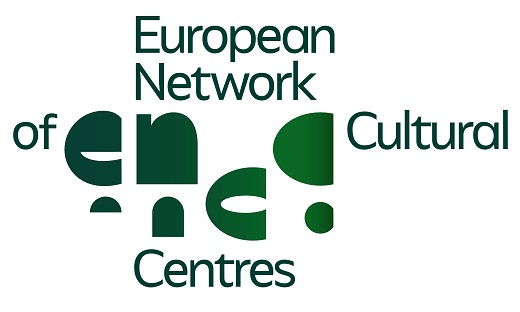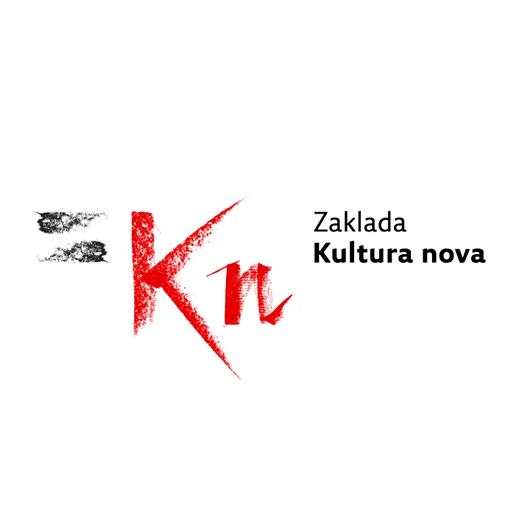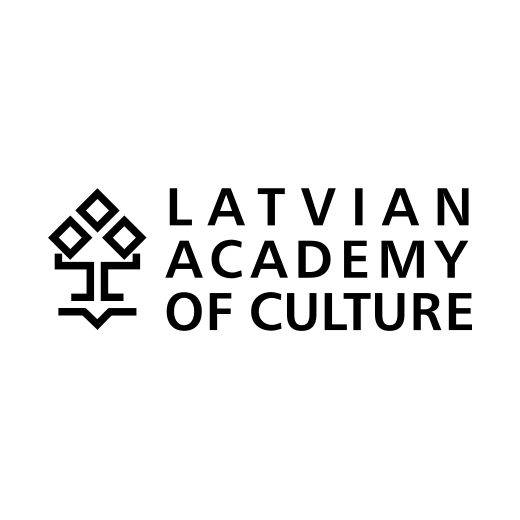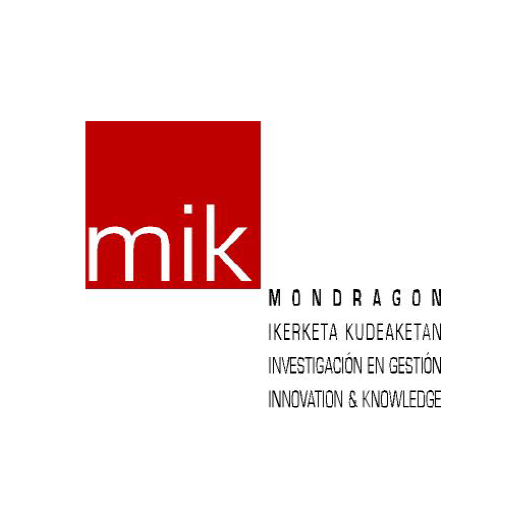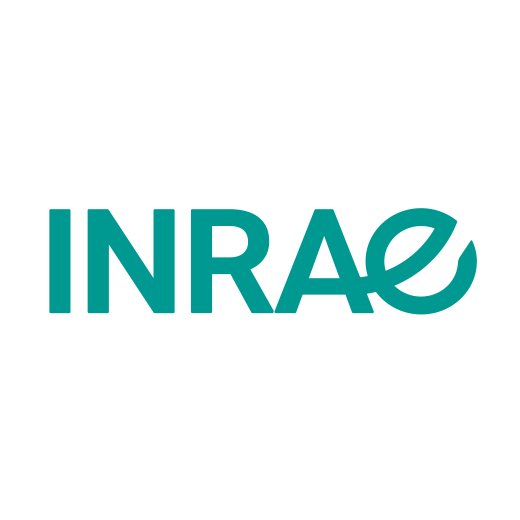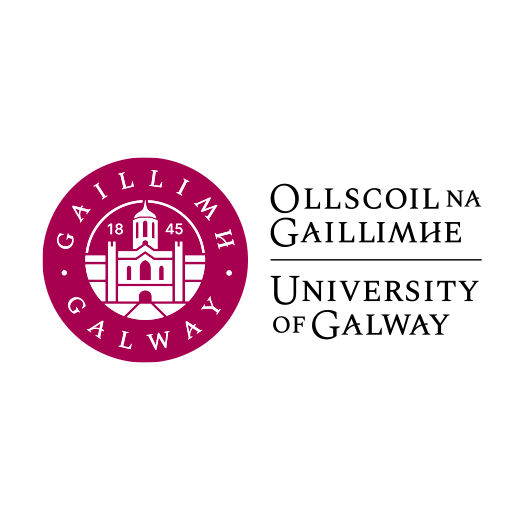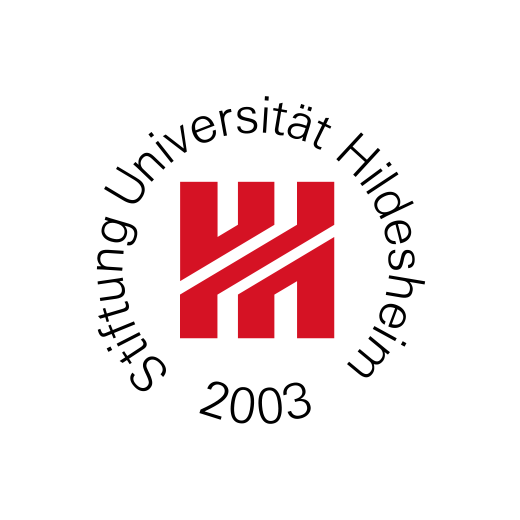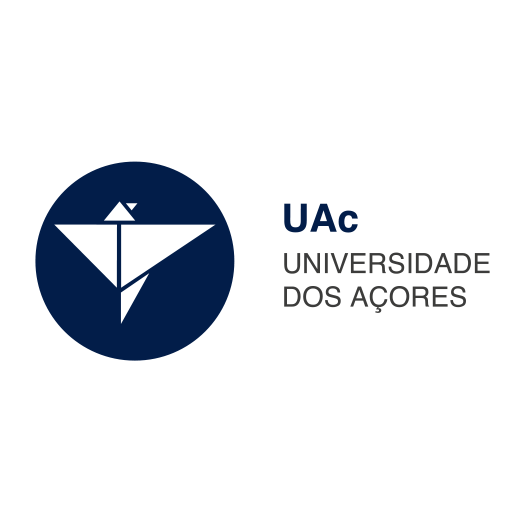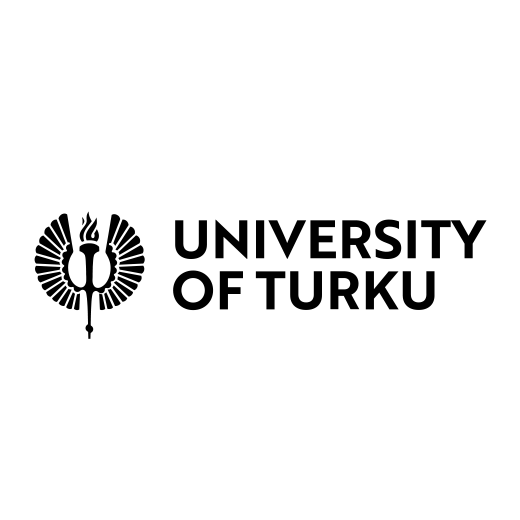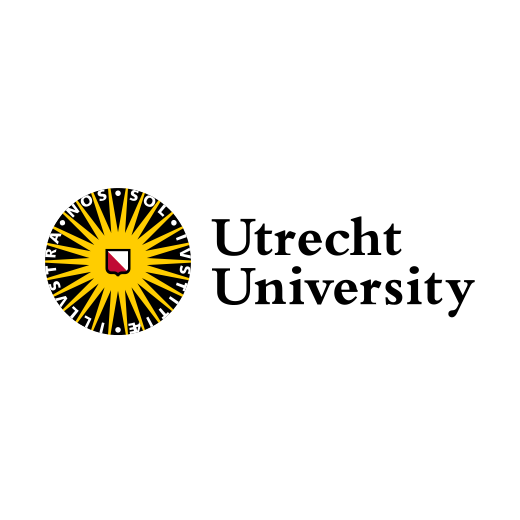Centre for Social Studies (CES) of the University of Coimbra (Coordinator), Portugal
The Centre for Social Studies (CES) of the University of Coimbra has been conducting research with and for an inclusive, innovative, and reflexive society by promoting creative critical approaches in the face of some of the most urgent challenges of contemporary societies. CES’ scientific strategy aims to democratize knowledge, revitalize human rights, and contribute to the establishment of science as a public commodity through five thematic lines of research. IN SITU will be led by an interdisciplinary team integrated by experts covering a wide range of scientific areas. The IN SITU CES team brings expertise in the following areas: culture and local sustainability, culture-based development in small cities and rural areas, cultural mapping, cultural planning, economic and policy studies of innovation, community participation, public cultural policies, urban intervention and social inclusion through the arts, sociomuseology, participatory management and decolonial cultural mediation in cultural institutions, intangible cultural heritage safeguarding, gender equality in third sector organizations, social entrepreneurship and innovation in the social/solidarity economy, social enterprises, volunteering, and local governance through state/third sector partnerships.
Bifröst University (BIFROST), Iceland
Bifröst University (BIFROST) is an active member of the Icelandic and European research communities and prides itself for recruiting faculty with broad research profiles in the social sciences. The Cultural Management Department is a part of the Faculty of Social Science and has offered courses in cultural management since 2004 based on theoretical and practical approaches. Bifröst University hosts an independent research centre, the Research Centre of Cultural Management, dedicated to research on the effects and conditions of cultural activities from the perspectives of cultural management, cultural economics, and cultural policy. The IN SITU BIFROST team brings the following areas of expertise: cultural policy, building and policy development in rural areas, qualitative-mixed approach, empirical approach, quantitative data collection and analysis, and mapping of creative industries.
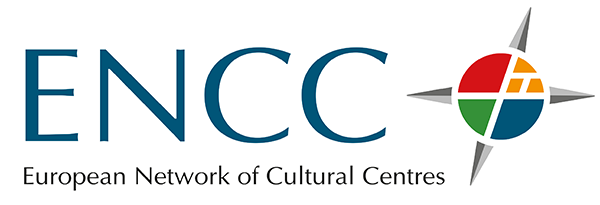
European Network of Cultural Centres (ENCC), Belgium
The European Network of Cultural Centres (ENCC) was founded in 1994 to promote dialogue and cooperation between social-oriented cultural centres in Europe. Today, the network represents over 5,000 cultural centres in 27 European countries. Its main action lines are capacity building, networking and advocacy. The ENCC holds meetings, conferences, trainings and staff exchanges, participates in research and data-gathering, creates tools and publications, and connects with other actors from the cultural sector.
The ENCC is deeply anchored within European societies, reaching audiences and territories that are often underrepresented, including in rural and remote areas, villages, small towns,’invisible cities’, and peripheries. Since 2016, the network has been striving to define and highlight the role cultural centres can play in territorial development, political participation, and social innovation. Its Working Group on Territorial Development and Non-Urban Culture gathers ENCC members as well as other networks, researchers, practitioners, policymakers, and cultural policy experts.
The ENCC team brings to the IN SITU project expertise in cultural studies, cultural diplomacy, cultural management and consultancy, territorial development and networking, and digital communication.
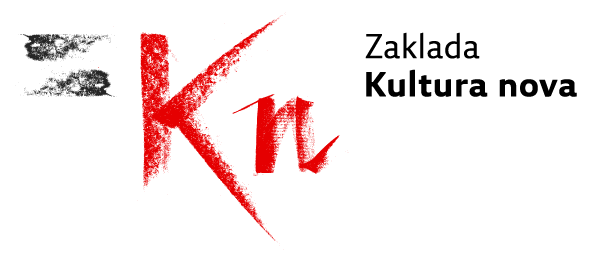
Kultura Nova Foundation (KNF), Croatia
Kultura Nova Foundation (KNF) was founded in 2011 as an operational and grant-making foundation which provides professional and financial support to programmes developed by organizations of civil society in culture. Within its Research and Development Department, the Foundation implements activities through three key programmes: Education in Cultural Management, Research, and Cultural Policy. The IN SITU KNF team brings the following areas of expertise: participatory governance, audience engagement, community development, cultural democracy, cultural diversity, and cultural development, which the Foundation pursues through education, research, and policy programmes/activities.
Latvian Academy of Culture (LKA), Latvia
The Latvian Academy of Culture (LKA) is the state-founded arts university. LKA has vast experience in both the academic and applied research in the cultural heritage field and in culture and creative industries, among which we highlight the development of local cultural strategies, the creation of approaches to mapping cultural ecosystems, and the creation of new research methodology to analyze creative industry contributions to sustainable development in small towns. The LKA training centre is competent in designing and implementing training and support programs adjusted to the needs of the CCI stakeholders. The IN SITU LKA team brings the following areas of expertise: sociology of culture, cultural ecosystems of regions, cultural policy, cultural participation, cultural entrepreneurship, cultural development planning, and creative industries.
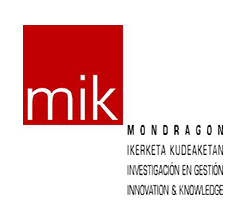
Mondragon Innovation & Knowledge (MIK), Mondragon University, Spain
Mondragon Innovation & Knowledge (MIK) is a Research Center in Advanced Business Management of the Mondragon University Faculty of Business, a non-profit university. The vocation of MIK is to contribute to strengthening the capacity of innovation in business management of the enterprises in order to improve their competitiveness in the national and international environment. MIK’s main R&D&I areas are: strategic development, new business development, and talent management. MIK is specialized in applying these knowledge areas’ expertise in the development of new business ecosystems for knowledge intensive services. The IN SITU MIK team brings the following areas of expertise: innovation, new business models, entrepreneurship, intrapreneurship, business development, fin-tech, digital marketing, circular economy, Blue & Green economy, and knowledge-intensive business services (KIBS).
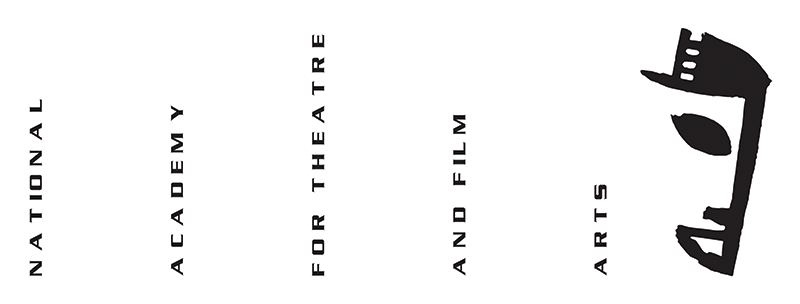
National Academy of Theatre and Film Arts “Kr. Sarafov” (NATFIZ), Bulgaria
The National Academy of Theatre and Film Arts “Kr. Sarafov” (NATFIZ) is a recognized, highly-ranked, modern Academy, with a solid reputation in Bulgaria and internationally as a unique creative, cultural, and research centre for education and training of highly specialized and educated professionals in the field of performing and screen arts, theatre, and film studies. It offers education at three levels (bachelor, master, doctoral) and works in five strategic directions: educational programs and creative activities; scientific and research activities; international partnership; pedagogical and methodological qualification; and internal organizational development. NATFIZ is a full member of CILECT, ELIA, WTEA, ENCATC, and a member of CUMULUS and WMO. The IN SITU NATFIZ team brings the following areas of expertise: training and coaching, coalition building, professional and sustainable development in the field of arts and creative industries, consulting start-ups and emerging creative companies, social innovation and entrepreneurship, cultural studies, intercultural dialogue, theatre directing, screenwriting, and playwriting.
National Institute for Agriculture, Food and Environment (INRAE), France
INRAE (National Institute for Agriculture, Food and Environment), the second largest research institute in this field in Europe, is hosted at AgroParistech and in the University Paris-Saclay. INRAE/UMR SAD-APT is a multidisciplinary lab integrated at LABEX BASC (Biodiversity, Agroecosystems, Society, Climate) with a team of over 100 persons devoted to the study of sustainable and territorial development of rural and peri-urban areas. Over the last 10 years, the INRAE/UMR SAD-APT team has developed specific skills in three main topic areas related to the analysis of development processes and business local development in rural and peri-urban areas: 1) land use management, occupation, competition, and land use conflicts analysis; 2) short supply chains and the development of agriculture and food under urban sprawl pressure; and 3) territorial and multi-level governance as well as territorial development of rural areas submitted to the influence of urban populations’ decisions. The IN SITU INRAE team brings the following areas of expertise: territorial development, spatial economics, proximity, smart development, rural areas, conflict and negotiation, industrial economics, cooperation and cooperatives, local organization, local partnership, social innovation, agroecology, digital transformation, rural areas, and peri-urban and urban agriculture.
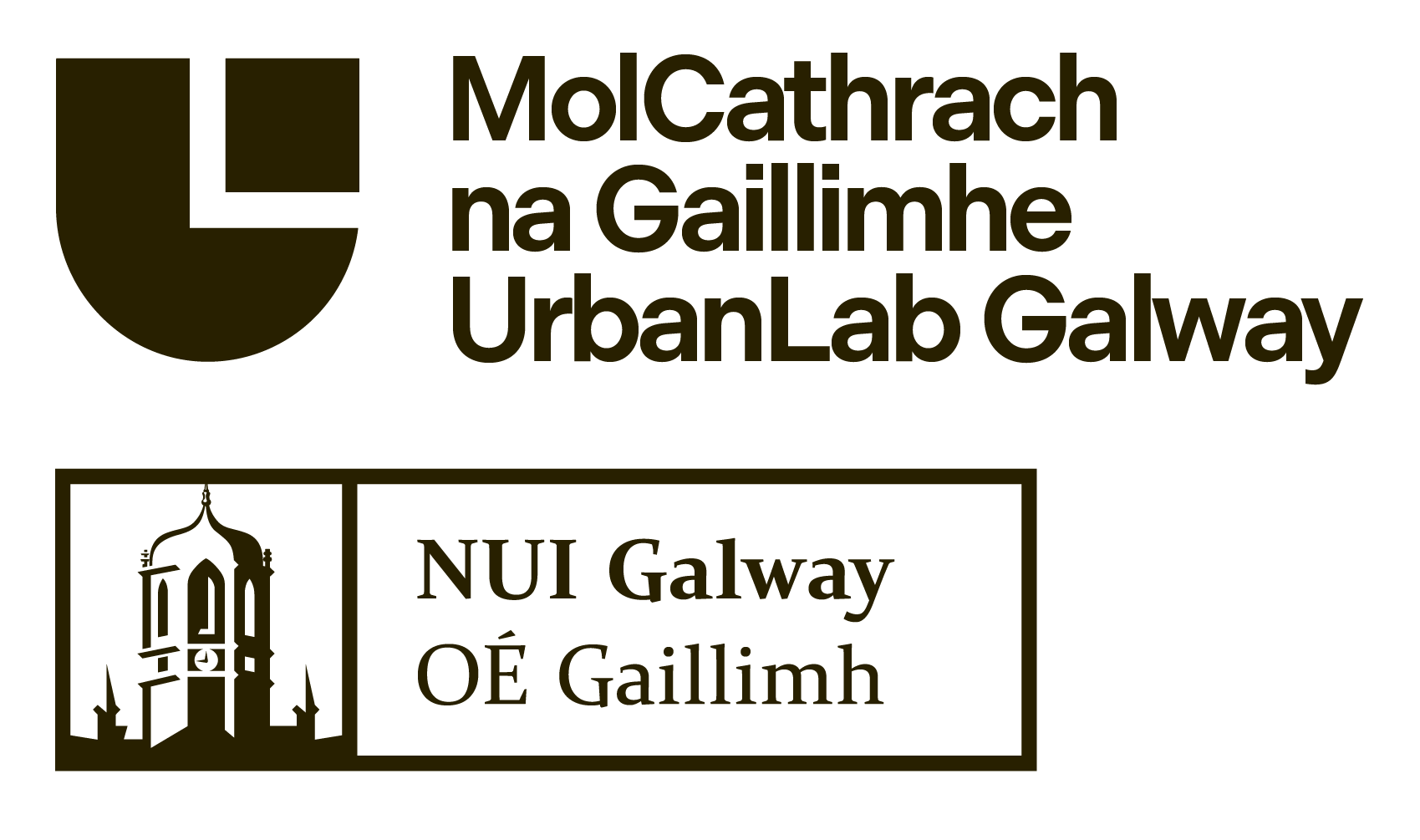
National University of Ireland Galway (NUIG), Ireland
The National University of Ireland, or NUI Galway (NUIG), has a growing international profile and a distinguished reputation for teaching and research excellence. The Nuns Island Lab, contributing to IN SITU, represents the work of over 50 academics at NUI Galway. It has been responsible for innovative initiatives like Galway’s successful bids for European Capital of Culture and UNESCO City of Film. While coordinating a number of key agencies in the region, the Lab works on the ethos of co-producing answers, and it has continued to espouse a place-based, bottom up approach to development. The IN SITU NUIG team brings expertise in the following areas: economic geography, cultural and creative geographies, geographies of democracy, urban geography and alternative mobilities, place-based development, and people power.
University of Hildesheim (SUH), Germany
The University of Hildesheim (SUH) participates in IN SITU through its Department of Cultural Policy, which is a part of arts and cultural studies. Founded in 1998, the Department focuses its work on the representatives, the content, and the structures of cultural policies, arts management (including audience studies), and arts education in Germany and in international contexts. The Department of Cultural Policy embraces a concept of culture which is, on the one hand, focused on the theory and practice of the arts and, on the other hand, on the sociological, educational, political, and economic effects of artistic and creative processes in society. The UNESCO Chair “Cultural Policy for the Arts in Development” is located at the Department of Cultural Policy at the University of Hildesheim and is headed by Prof. Dr. Julius Heinicke. The chair deals with cultural policy issues and challenges of increasingly diverse societies, linking thematic fields of foreign and domestic cultural policy. The IN SITU SUH team are cultural policy researchers with a focus on artistic research, cultural work and transculturality, artistic freedom, arts and sustainability, urban and rural cultural planning, critical cultural mediation and education, cultural participation research, cultural studies, and theatre studies.
University of the Azores (UAc), Portugal
Since its foundation in 1976, the University of the Azores has played a fundamental role in education and research, thus contributing to professional qualification, economic growth, social improvement, and intercultural awareness. The University of the Azores (UAc) participates in IN SITU through its Faculty of Social and Human Sciences. Situated in an urban-rural territory, the team from the Azores will focus on the challenges cultural and creative industries experience while living and working in an ultraperipheral European region. Along with the project, the team intends to support and promote greater dialogue between creative production, cultural heritage, and sustainability in and out of the Azores. The IN SITU UAc team brings the following areas of expertise: sociology of culture, critical sociology, social activism, cultural studies, creative and cultural tourism, history of architecture, and gender studies.
University of Turku (UTU), Finland
At the University of Turku (UTU), the main partner will be the discipline of Landscape Studies at the Faculty of Humanities, with maritime studies, cultural mapping and planning, public participation, experiential GIS, and arts-based research as its research foci. The co-partner is the Finland Futures Research Centre (FFRC), a department of the Turku School of Economics, conducting research on images of futures, leading the sustainability transformation, and producing methodological processes to support it. The IN SITU UTU team brings the following areas of expertise: landscape studies, art history, heritage communities, glocal cultures, human–place connectivity, futures agency, cultural heritage studies, heritage futures, urban studies, participatory and emotional mapping, studies of creative collectives, multi-sensory experience, environmental folklore, cultural sustainability transformation in the combination of participatory futures studies, and sustainability studies.
Utrecht University (UU), The Netherlands
Established in 1636, Utrecht University (UU) is the largest of the Dutch universities. The Department of Human Geography and Spatial Planning is part of the Faculty of Geosciences and one of the research groups specializes in economic geography. With 10 senior researchers, the group is jointly led by Ron Boschma and Carolina Castaldi, and is well-known for its contributions to the research stream of evolutionary economic geography, the geography of innovation, and quantitative investigations of regional innovation opportunities. The IN SITU UU team brings expertise in the following areas: geography of innovation (focusing on innovation emergence in service and creative and cultural industries), development of novel trademark-based indicators, regional economics, evolutionary economic geography, regional resilience, regional diversification and the principle of relatedness (highly influential both in academia and in policy, where it has helped to shape current Smart Specialization policies), quantitative analysis at the regional level, and firms in creative industries.
